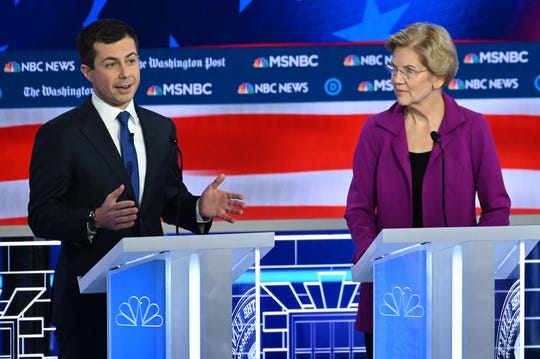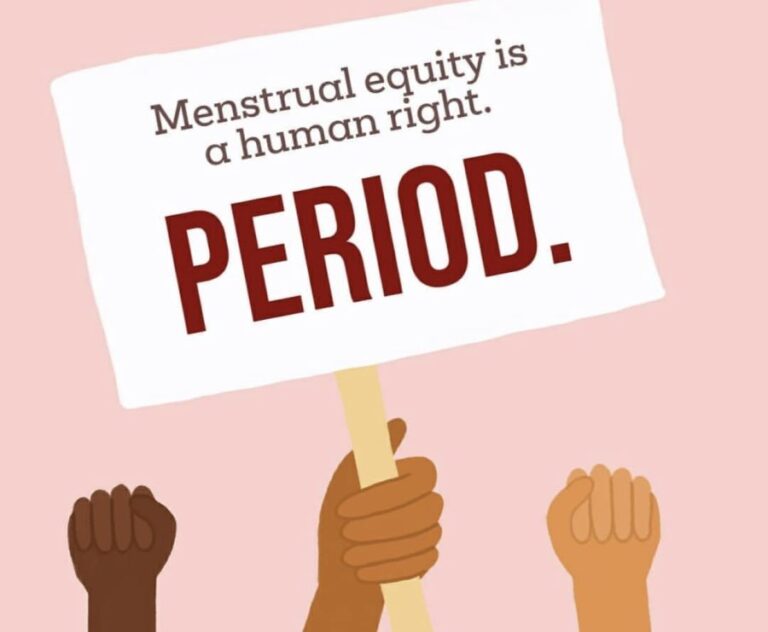
Photo courtesy of the Indy Star
Mayor Pete Buttigieg of South Bend, Indiana, walked into the fifth Democratic debate, held on November 19, with a significant rise in the Iowa and New Hampshire polls. This surge in popularity, slow but steady, seems to have bested the stability of the Warren and Biden campaigns in maintaining high numbers.
Buttigieg’s delayed status as serious presidential competition makes sense — his journey on the campaign trail has had its highs and lows. The highs would include the most recent New Hampshire polling and the endorsements from celebrity elites such as Robert de Niro, Gwyneth Paltrow and Seth MacFarlane.
His pitfalls, however, are more deeply-rooted. One of them is the well-covered debate on whether Buttigieg can attract Black voters. The New York Times notes that no Democrat in modern times has clinched an election without the support of the Black voter bloc. To add fuel to the fire, a Black South Bend official publicly denounced the mayor and chose to endorse former Vice President Joe Biden. Additionally, Buttigieg’s endorsements from former or current Black or Hispanic elected officials stand at six, a stark contrast to Biden’s 154. Most recently, Buttigieg’s campaign came under fire for using a stock photo of a Kenyan woman to preface the candidate’s anti-discrimination plan on his campaign website.
Where exactly is Buttigieg falling short? It seems as though his campaign with Black voters was doomed from the beginning. Cordelia Lewis-Burks, a Democratic National Committee member, invited Buttigieg to speak at a dinner honoring the 50th anniversary of the National Association for the Advancement of Colored People (NAACP), Indiana chapter. This was back in January, when the mayor announced an official exploratory committee into running for president. Lewis-Burks claims she never received a response from the campaign, but that they invited her to his official presidential campaign launch in South Bend in April.
“I said, ‘You’ve got to be kidding me. I’ve been trying to get the mayor to be the speaker for two months,’” Ms. Lewis-Burks commented to The New York Times.
A plausible reason for what has happened could be quite simple. Buttigieg’s campaign received controversial press about the mayor’s record with Black citizens very early on in the race, and this label spread like wildfire since then, culminating in Black Democrats feeling underwhelmed by Buttigieg’s overall campaign. The press has had a lot to work with in proving that Buttigieg is not the candidate for Black voters.
Just last week, the mayor was subject to more criticism in the form of his “Douglass Plan for Black America.” The plan shows endorsements from Black leaders who claim they never signed on to it. In fact, many of these Black leaders have endorsed other presidential candidates. South Carolina State House Rep. Ivory Thigpen refuted the use of his signature on the plan:
“Even though I had had conversations with the [Buttigieg] campaign, it was clear to me, or at least I thought I made it clear to them, that I was a strong Bernie Sanders supporter—actually co-chair of the state, and I was not seeking to endorse their candidate or the plan.”
The statistics have proven bleak for the Buttigieg campaign too — 40% of the endorsements on his plan come from white voters, a number that does not signify inclusion and diversity within his voting bloc.
During Wednesday’s debate, Buttigieg was open in acknowledging that his campaign has progress to make with Black voters.
“I welcome the challenge of connecting with black voters in America who don’t yet know me,” the mayor stated. “As mayor of a city that is racially diverse and largely low income, for eight years I have lived and breathed the successes and struggles of a community where far too many people live with the consequences of racial inequity that has built up over centuries but been compounded by policies and decisions from within living memory.”
Every controversy regarding race will become more and more costly for the campaign overall, especially as Buttigieg recently polled at zero for Black voters in South Carolina. I’m sure he’s thinking about that right now, and I hope he has a plan to make amends, not more mistakes.
Yosha Ashis



